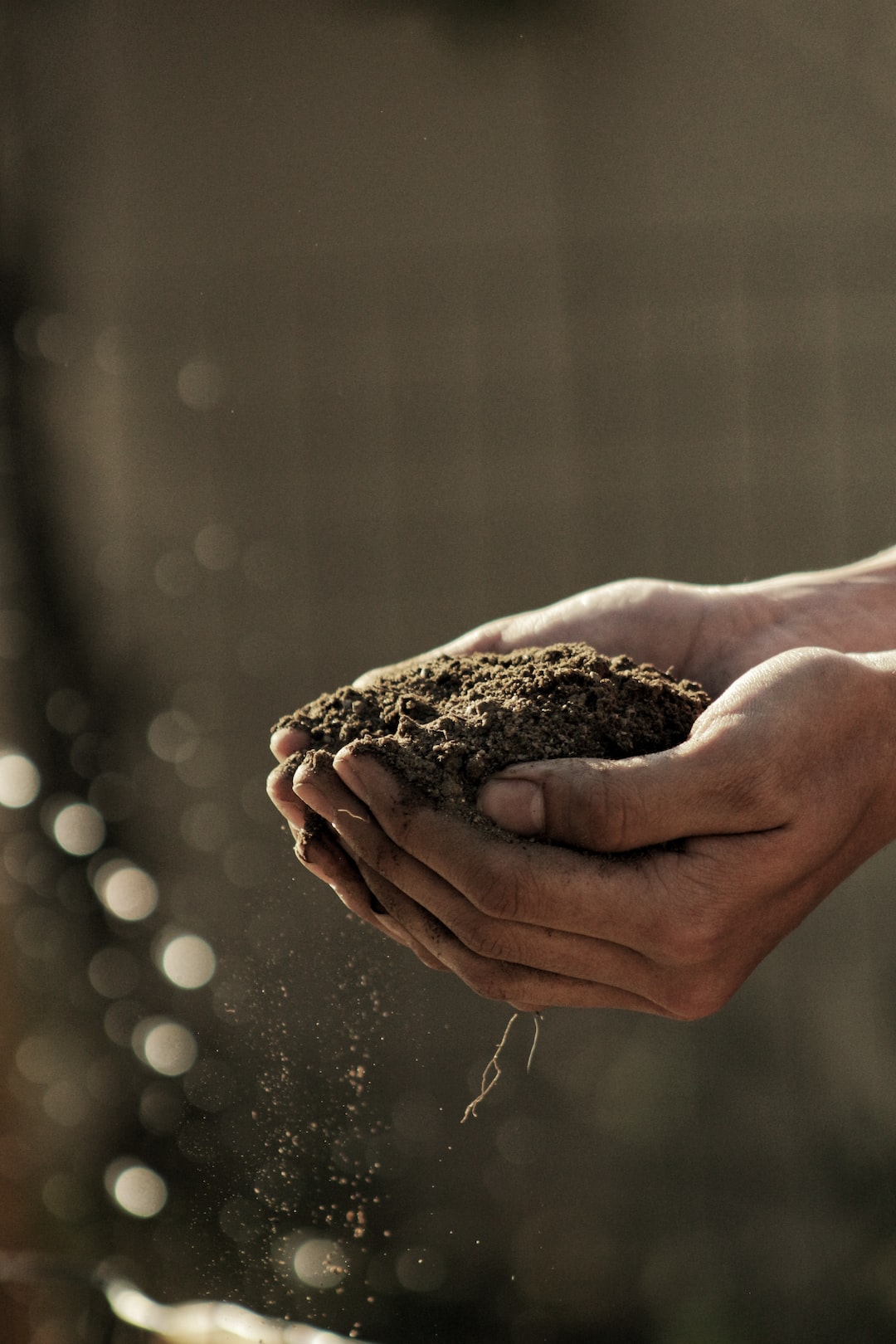Composting 101: Turning Kitchen Scraps into Nutrient-Rich Soil
Composting is a simple and effective way to reduce waste while simultaneously creating nutrient-rich soil for your garden or plants. It’s a win-win situation for both the environment and your plants. With just a few basic steps, you can turn your everyday kitchen scraps into black gold that will benefit your garden and help promote a sustainable lifestyle. In this blog post, we will guide you through the process of composting and provide some essential tips to get you started on your composting journey.
Firstly, let’s understand what composting is all about. Composting is the natural decomposition of organic matter, such as food scraps, leaves, and yard waste, into a nutrient-rich substance known as compost. This compost, often referred to as “black gold,” is a valuable resource that can be used to improve soil fertility, enhance plant growth, and reduce the need for chemical fertilizers.
To start your composting journey, you’ll need a few essential items. The first and most important is a compost bin or a compost pile in your backyard. The choice between a bin or a pile depends on the amount of space you have available and your personal preference. Compost bins are ideal for smaller yards or if you want a tidier and more controlled composting process. On the other hand, compost piles are suitable for larger yards and require less initial investment.
Next, you’ll need to collect and prepare the kitchen scraps that will become the main ingredients in your compost. You can include a wide variety of food scraps, such as fruit and vegetable peels, coffee grounds, tea bags, eggshells, and even small amounts of grains and bread. However, it’s important to avoid adding any meat, dairy products, or oily foods, as they can attract pests and slow down the composting process.
Once you have your compost bin or pile and your kitchen scraps, it’s time to start composting. It’s crucial to maintain the right balance of materials in your compost to ensure proper decomposition. You should aim for a ratio of roughly three parts “browns” to one part “greens.” Browns refer to carbon-rich materials like dried leaves, straw, or shredded paper, while greens are nitrogen-rich materials such as fresh grass clippings or kitchen scraps. The browns provide carbon for energy, while the greens provide nitrogen for growth.
Regularly turning your compost is crucial to ensure proper aeration and decomposition. Turning the pile or stirring the contents of the bin every few weeks will help break down the organic matter more efficiently and prevent unpleasant odors. Remember that composting is an aerobic process, meaning it requires oxygen to work correctly. By turning the compost, you allow oxygen to reach the microbes responsible for decomposition.
In addition to kitchen scraps and browns, you can also add other compostable materials to enrich your compost. These include yard waste like grass clippings, dried leaves, and small prunings. However, ensure that the yard waste is free of pesticides or any other harmful chemicals that could contaminate your compost.
It’s important to monitor the moisture level of your compost. A well-functioning compost pile should be moist, but not overly wet. If it is too dry, add some water. If it is too wet, add more browns to absorb the excess moisture. Regularly checking the moisture level will help avoid issues such as the compost becoming too compacted or developing a foul odor.
Patience is key when it comes to composting. Depending on several factors, including the materials used, temperature, and moisture levels, the composting process can take anywhere from a few months to a year. Regularly monitoring and maintaining your compost will ensure that it reaches its full potential and transforms into nutrient-rich soil that your plants will love.
Once your compost is ready, it’s time to reap the rewards of your efforts. Whether you have a vegetable garden, flower beds, or potted plants, the addition of compost will significantly enhance their growth and overall health. The organic matter in the compost improves soil structure, provides essential nutrients, and promotes beneficial soil microorganisms.
In conclusion, composting is a simple yet powerful way to reduce waste and create nutrient-rich soil for your garden. By transforming kitchen scraps and other organic materials into compost, you play an active role in promoting sustainability and environmental stewardship. Remember to maintain the right balance of materials, regularly turn your compost, monitor moisture levels, and be patient throughout the process. With time and dedication, your kitchen scraps will become the building blocks of a thriving and sustainable garden.

